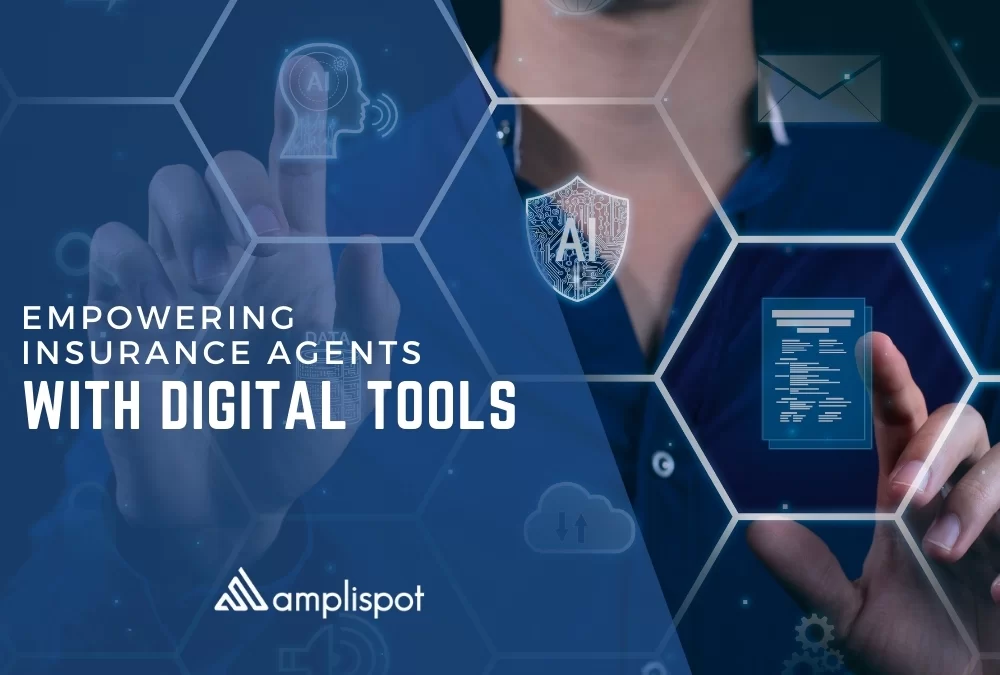Industry
Insurance
Mortgage Lenders
Real Estate
Financial Planners
Contractors
Auto Repairs
Accountant
Pricing
Enterprise
Get Demo

In today's digital-first world, insurance agents must embrace a suite of digital tools to meet the expectations of a tech-savvy clientele. The transformation into 'bionic' agents—those who are augmented by digital capabilities—is no longer just an advantage, but a necessity for staying relevant and competitive. To become bionic, insurance agents must integrate technology into every aspect of their work. This means adopting digital tools for customer relationship management (CRM), using data analytics to inform strategies, leveraging mobile apps for on-the-go accessibility, and employing automated processes for routine tasks. These tools not only streamline their workflow but also provide them with insights and agility to respond to market changes and client needs swiftly. Today's consumers expect to interact with businesses, including their insurance providers, with the same ease and convenience they experience with online retailers. Agents must be present across multiple digital channels, ready to engage with clients via social media, email, text, and even video conferencing. This omnipresence ensures that agents are accessible when and where their clients need them, providing service that aligns with modern communication habits. A cornerstone of an agent's digital toolkit is a dynamic, user-friendly website. Marketing teams are tasked with creating sites that not only look professional but are also optimized for search engines (SEO), ensuring that agents appear in local search results when potential clients are looking for insurance solutions. These websites should host a wealth of informative content, interactive tools like premium calculators, and clear calls-to-action that guide visitors towards making an inquiry or purchase. The content on these websites must be carefully crafted to rank high on search engine results pages. This involves thorough keyword research to understand what potential clients are searching for, creating quality content that addresses those queries, and ensuring that all technical SEO elements, such as meta tags and alt text, are in place. By doing so, marketing teams can significantly increase the online visibility of their agents, drawing in more leads. In an era where networking is often done virtually, digital business cards are becoming an essential tool. These can be easily shared via email, text, or social platforms and can link directly to the agent's website, contact information, and social profiles. Unlike traditional business cards, their digital counterparts can be updated in real-time, ensuring that clients always have the most current information. By equipping agents with digital tools, marketing teams ensure that they are perceived as professional and capable. Tools like online appointment schedulers, e-signature platforms, and client portals for policy management all contribute to an image of efficiency and modernity. These tools not only make the agent's job easier but also enhance the client's experience by providing them with convenience and control. Digital tools are the lifeblood of the modern insurance agent, enabling them to become bionic in their operations and interactions. With the support of marketing teams to develop and maintain these digital assets, agents are empowered to perform at their best, meeting the digital-age demands of customers and setting themselves apart in a crowded marketplace. The result is a more robust and responsive service that aligns with the expectations of today's consumers, paving the way for growth and success in the insurance industry.The Digital Imperative
The Bionic Evolution
Connecting with the Digital Consumer
Building Digital Tools
Dynamic Websites for Agents
SEO-Optimized Content
Digital Business Cards
Enhancing Accessibility and Professionalism
Conclusion